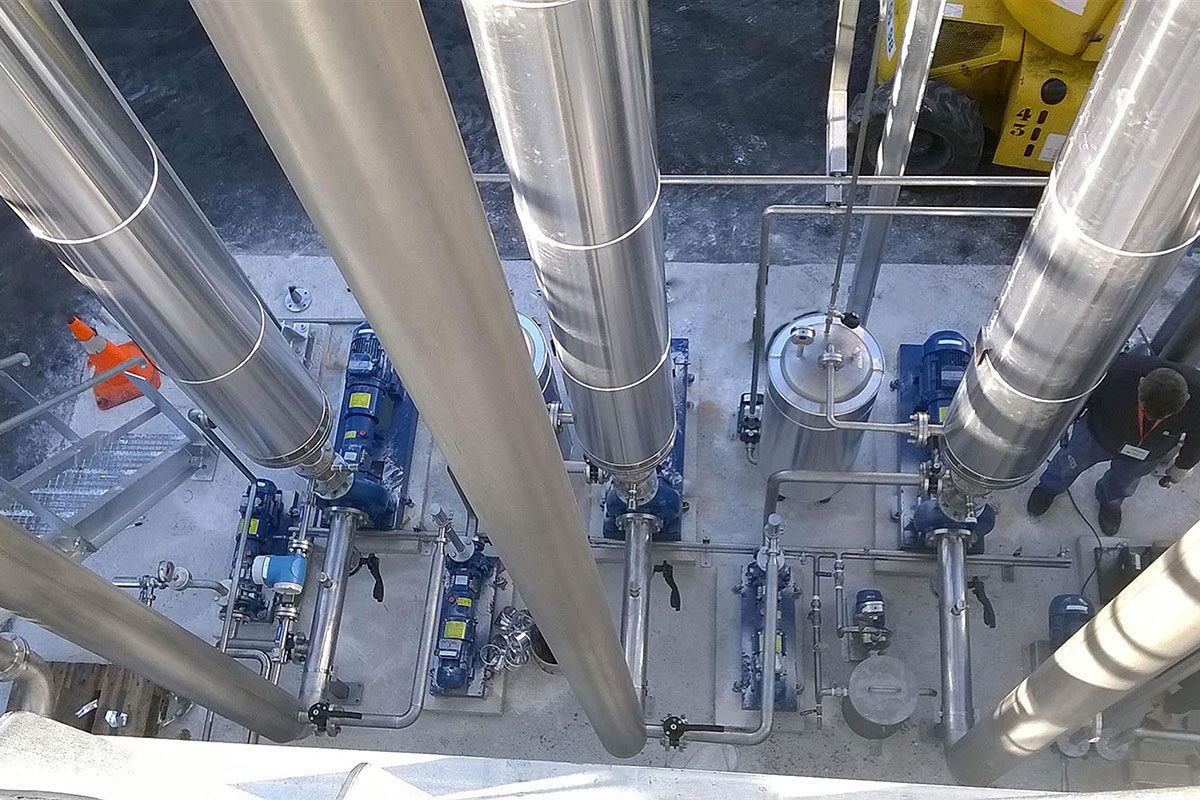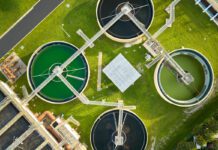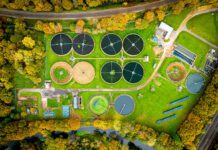 Zero Liquid Discharge, or ZLD, is a technique which aims to discharge no liquid waste to the environment, instead recovering as many products from the ‘waste’ stream as possible and leaving just water, which can be re-used. Depending on the nature of the initial waste stream, and the effectiveness of the evaporation system and any post-evaporation treatment, the water can then be used for various purposes including cleaning, as a heating or cooling fluid, or even inclusion into other products.
Zero Liquid Discharge, or ZLD, is a technique which aims to discharge no liquid waste to the environment, instead recovering as many products from the ‘waste’ stream as possible and leaving just water, which can be re-used. Depending on the nature of the initial waste stream, and the effectiveness of the evaporation system and any post-evaporation treatment, the water can then be used for various purposes including cleaning, as a heating or cooling fluid, or even inclusion into other products.
HRS Heat Exchangers has developed a multi-effect vapour compression evaporation system for ZLD use, based on its highly successful, patented Unicus Series of scraped surface heat exchangers. Vapour compression evaporation can recover up to 95 per cent of the wastewater as distillate. Any remaining concentrate can then be treated physically or chemically to produce solid residues (such as crystals) and water.
The robust HRS Unicus Series of heat exchangers uses a reciprocal scraper to reduce fouling, which results in effective heat transfer and efficient crystallisation. Using the Unicus Series in ZLD applications also means that heat from process water and other existing sources can be used to drive the evaporation process, along with the recapture and reuse (regeneration) of any heat left at the end of the process.
When used in ZLD applications, the Unicus Series is combined with HRS R Series coolers and custom-designed crystallisation tanks. The result is an efficient process which can work continuously without requiring scheduled downtime.
Every cubic foot of recycled or reused water results in a corresponding reduction in mains water demand and wastewater discharge. There are also benefits in terms of the energy and carbon footprints associated with material recovery when compared with primary extraction and processing, together with further environmental benefits arising from reduced waste disposal impacts.







